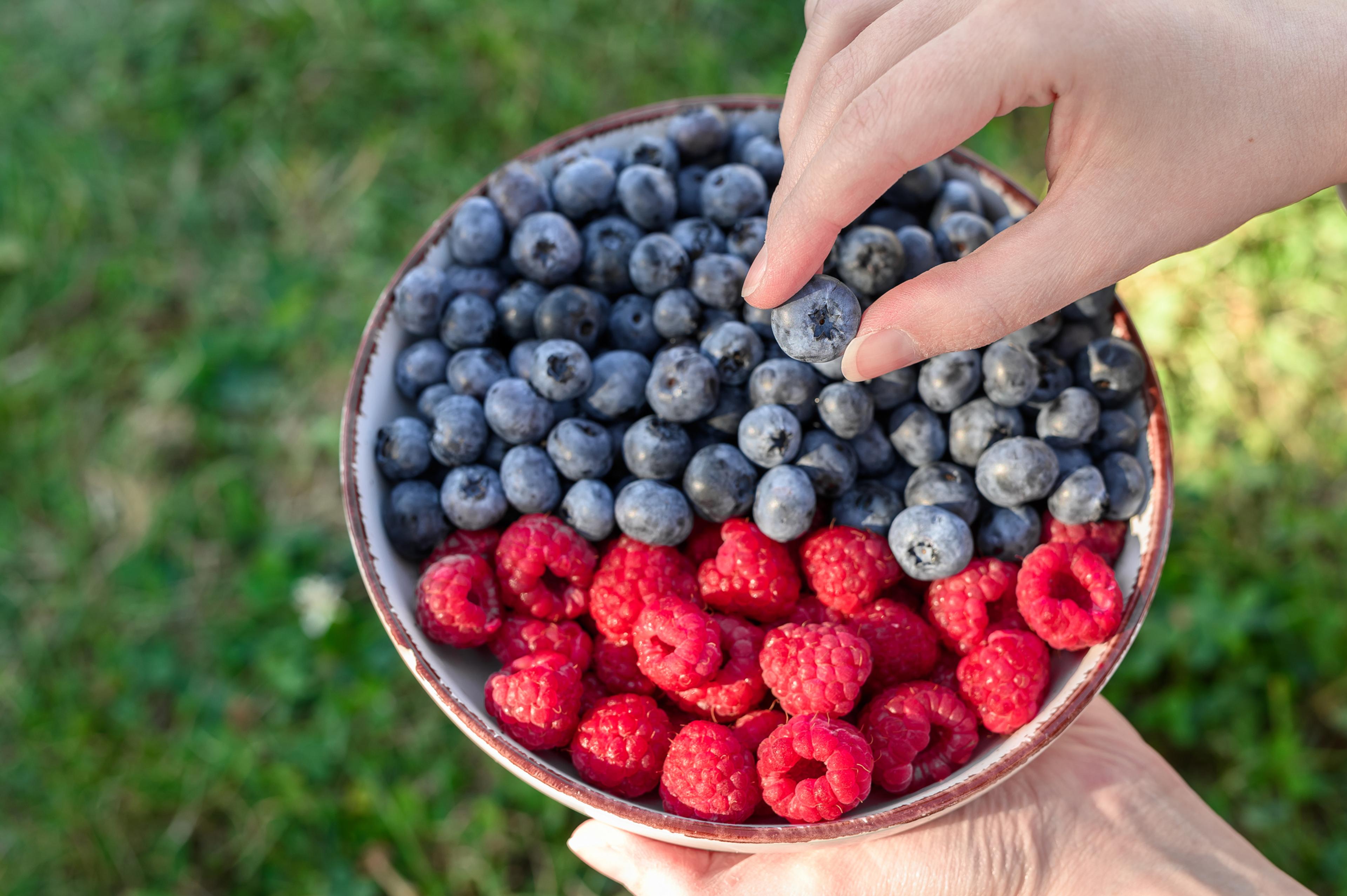Tips for Avoiding the Freshman 15
Registered Dietician
| 4 min read

Freshman year of college can be a big transition for those who go from living with their parents to living on their own. The newfound freedom that comes with creating their own routine and making all of their own decisions can negatively impact those who decide to lead a sedentary lifestyle and/or overindulge in cafeteria meals.
Everyone has heard of the dreaded “Freshman 15,” but the harsh reality is that students can gain weight at any point during their college career, and it certainly isn’t limited to just 15 pounds. Fortunately, there are many, simple ways students can avoid weight gain while still enjoying all that college has to offer.
Make a Meal Plan
Create a daily meal routine for breakfast, lunch, dinner and snacks, so you’re eating regularly throughout the day. This will help keep your metabolism revved up and running efficiently. Make the conscious decision to eat more nutritious foods on a regular basis. Build the structure of your home to support healthy habits. The average American only eats two to three vegetable servings per day, while the goal is to consume at least five. Complete meals with whole grains and lean proteins, trying to decrease unhealthy fats and extra sugar. Remember, unhealthy cooking methods can add plenty of unwanted calories. The goal is to eat properly for your height and goal weight for better health. Keep portions controlled, eat better and build healthy habits to avoid excess weight gain.
Limit Cafeteria Food
The endless food options available in cafeterias make it tempting to load up your tray up with a little bit of everything. Swapping the tray for a single plate will help control portions and calorie intake. Include protein, fruits, vegetables, whole grains and dairy in each meal to ensure you are eating a balanced meal. The USDA’s MyPlate initiative recommends that each meal contain about three ounces of lean protein, one cup of fruit, one cup of vegetables, a half cup of whole grains and one cup of dairy.
Don’t Drink Your Calories
When making healthier food choices, many people forget to account for their liquid intake as well. In college, coffee and tea often become caffeine aides to keep you focused on your studies. These options have antioxidants and are actually calorie-free. However, when cream, sugar, syrup and milk are added, the calorie count increases greatly. One regular 12-ounce can of pop can contain up to nine and a half teaspoons of sugar and nearly 165 calories. Trade in a can of pop for a glass of infused water, club soda or unsweetened iced tea to avoid consuming empty calories.
Get Up and Active
Create a weekly gym schedule that fits your needs and stick to it. It can be helpful to find a gym buddy for encouragement to stay on schedule and reach your fitness goals. If you are too busy to find time to go to the gym, try walking briskly or riding your bike across campus instead of hopping a ride on the bus, or take the stairs instead of the elevator.
Sleep In
Between cramming for exams and hanging out with friends, it’s easy to skimp out on sleep. Be sure to get the recommended seven to nine hours of sleep per night to maintain a healthy body and mind. There are two hormones in the body that are affected by sleep quality, ghrehlin and leptin. Sleep deprivation can cause an increase in the amount of Ghrehlin, which fuels your appetite and leads to weight gain, while leptin, a hormone released after adequate sleep, suppresses your appetite and supports weight loss.
Healthy habits in college can have a lasting impact on students’ mentality towards their well-being throughout life. By eating right, staying active and getting enough sleep, you will feel your best, do well in school and create memories to last a lifetime.
If you enjoyed this post, check out:
Photo Credit: A Healthier Michigan





